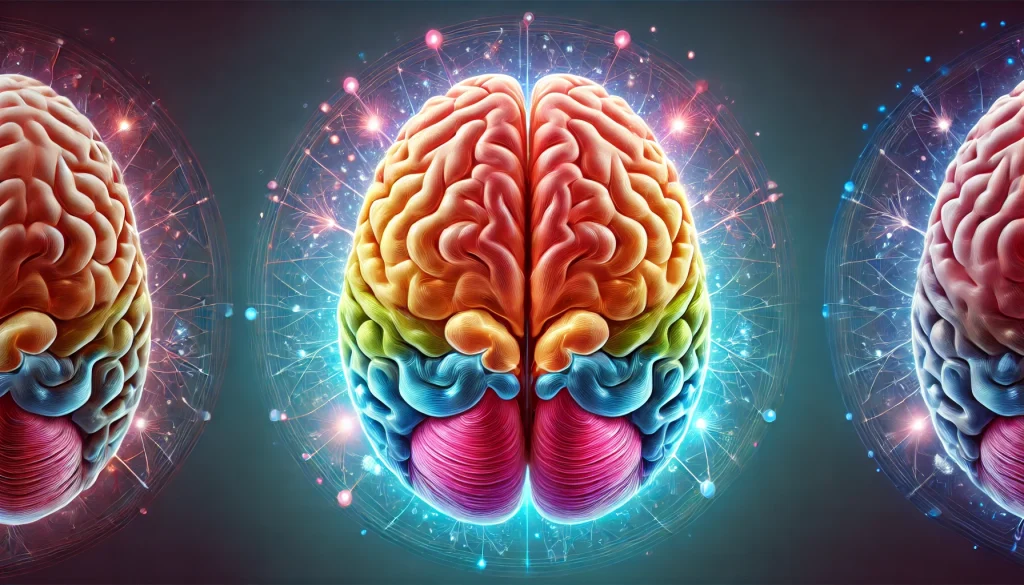This week, we are going to talk about:
👉🏻What these studies say
👉🏻What is there a correlation between neurotransmitter levels and tics
👉🏻What does this mean for your family?
We will also cover what neurotransmitters are and what role they play in your body.
Tics and Neurotransmitters: Unraveling the Brain-Body Connection
If you’re like me, you’ve probably spent countless hours scouring the internet for answers about your kiddo’s tics – here we cover tics and neurotransmitters and how they might be affecting your child’s symptoms.
The Latest Buzz
A Pilot Study on Plasma and Urine Neurotransmitter Levels in Children with Tic Disorders in 2022 has been making waves in the tic community. Researchers in China collected blood and urine samples from kids with tic disorders and compared them to samples from “healthy” kiddos.
The results? Children with tics had higher levels of certain neurotransmitters like norepinephrine and glutamic acid.
The Missing Piece Of The Study
But hold up, folks. Before we start popping supplements to balance out those neurotransmitters, let’s talk about what this study is missing.
Did you know that a whopping 90% of your neurotransmitters are actually made in your gut?
So if these kiddos have imbalanced neurotransmitters, we’ve gotta ask – what’s going on in there? Are there parasites throwing a dopamine party? Is inflammation causing a glutamate storm? We need the whole picture, not just a snapshot.
The Protein Connection
Plus, let’s not forget about the building blocks of neurotransmitters – protein! If your child isn’t getting enough of those essential amino acids (or if their gut is too inflamed to absorb them properly), their neurotransmitter production line might be on the fritz.
And then there are the co-factors, like folate, that help turn those amino acids into brain-balancing superstars like serotonin and dopamine. It’s like a big ol’ neurotransmitter puzzle, and we need all the pieces!
The Inflammation Factor
Speaking of inflammation, let’s talk about how it can wreak havoc on the brain. When our bodies are inflamed (whether from an injury, infection, or even stress), our brains go into full-on protective mode.
Cue the microglia, the brain’s very own security guards. They sound the alarm and trigger a glutamate storm, flooding the brain with this excitatory neurotransmitter. In the short term, this can be helpful (hello, fight or flight!), but when inflammation becomes chronic, it’s like a never-ending neurological rave.
Your Kid’s Genetics
Of course, we can’t forget about genetics! Some folks are just born with a predisposition to higher glutamate levels or lower GABA (the calming neurotransmitter that helps balance out glutamate).
But here’s the thing – even if you have the genetic short straw, it doesn’t mean you’re destined for a life of tics and anxiety. There are ways to support your unique brain chemistry and keep those neurotransmitters in check.
Conclusion
So, you know those neurotransmitters are essential, but they’re not the only things that matter when it comes to tic disorders. We need to think about the whole picture, including stuff like what’s going on in the gut, inflammation levels, whether someone is lacking in nutrients, and even their genes. The main point is to find a professional who will consider all of these factors and treat the person as a whole, not just focus on their tics. Because kids with tics are more than just their tics; they’re individuals who need a comprehensive approach to get better. Get it?

